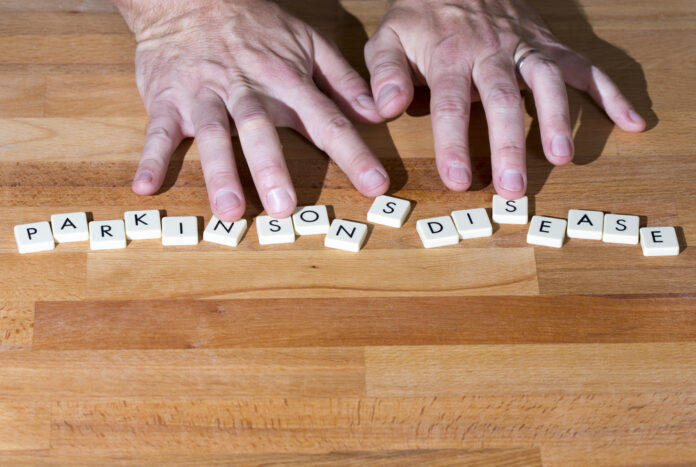Dry eyes is one of the most common conditions. This medical condition can be caused by many things. One reason is a change of hormones. The culprits are the thyroid, insulin and sexhormones. This medical condition can also occur if the eyes don’t have enough tears. Inadequacy can refer to a deficiency in the quality or quantity of tears. This can lead to an inability to produce tears, which may cause inflammation and damage to the eye’s surface.
Dry Eyes
You shouldn’t ignore the signs of dry eye.
- Sensitivity towards light;
- Blurred vision;
- Eye fatigue;
- A burning or stinging sensation in your eyes.
- Mucus around or in the eyes.
Does Dry Eyes and Hormones Have a Connection?
Three hormones could be to blame for dry eyes, as mentioned previously: the sex hormones, thyroid hormones, and insulin hormones.
Sex Hormones
Dry eyes are common in women as they age. This is due to a drastic increase in estrogen and other sex hormones. Dry eyes are common in women who go through menopause. This is due to changes in estrogen levels.
Experts aren’t sure why hormones can cause dry eyes. Some studies suggest that hormone replacement therapy (HRT), which is used to treat symptoms of menopause, may also be effective in treating dry eyes. However, others have found the opposite. Dry eyes can also be worsened by male hormones (androgens). Low androgen levels can affect the glands that cover the eyes’ surface whether you are a male or a female.
Thyroid Hormones
Your dry eyes may be caused by changes in the thyroid hormone. An autoimmune disease is a condition where the immune system mistakenly attacks the thyroid gland for germs.
Graves’ disease, which is an autoimmune disease, is associated with high levels in thyroid glands. Patients may have trouble closing their eyes if the hormone level drops. They don’t blink as often and have difficulty keeping their eyes moist.
Insulin Hormones
Insulin hormones can cause dry eyes due to their effects on the eyes. This is especially true if the patient has diabetes. You may have problems with your lacrimal gland, which produces tears, if you have type 1 or 2.
Conclusion
Dry eyes can be linked to hormonal changes. Dry eyes can be caused by rapid fluctuations in estrogen levels, especially for women who are going through menopause. Dry eyes can occur in women as well as men. Androgen levels, which are found in both women and men, can cause dry eyes.













